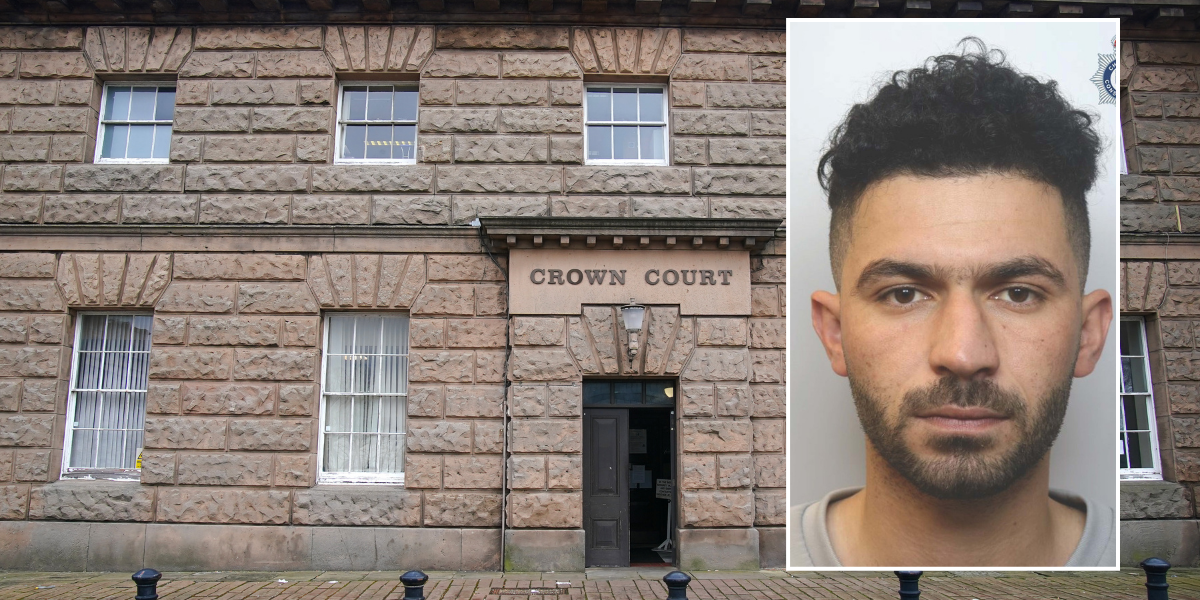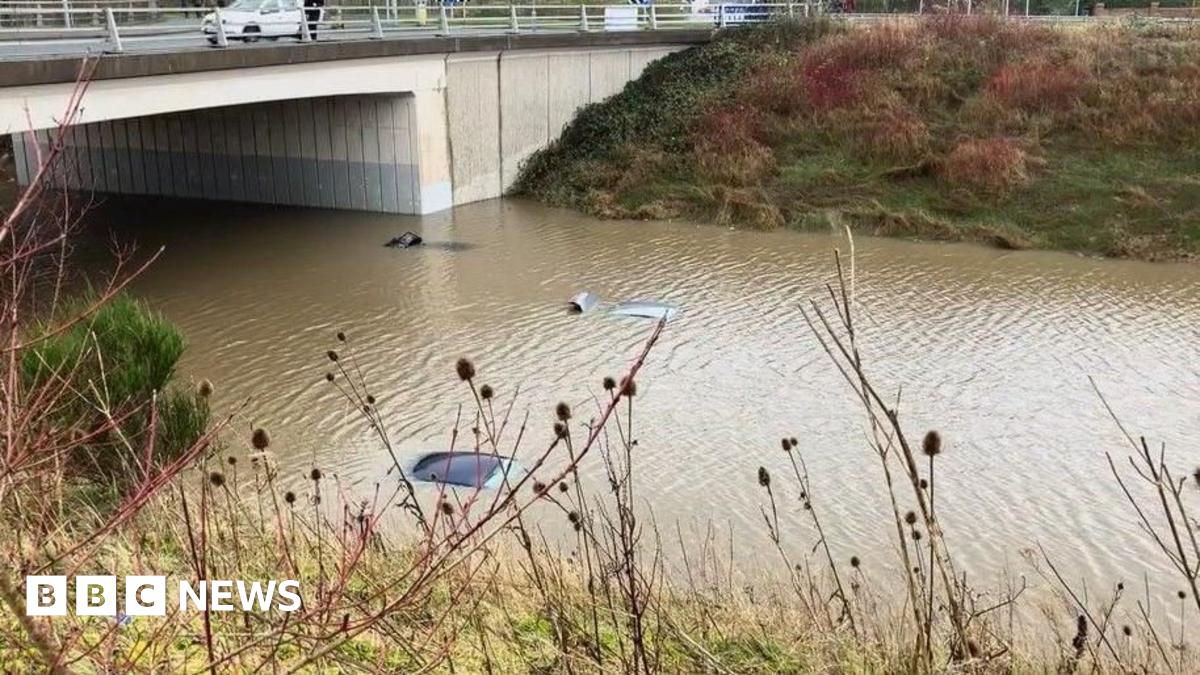During the hearing in December the court heard how Mr Howells had been an early adopter of Bitcoin and had successfully mined the cryptocurrency.
As the value of his missing digital wallet soared, Mr Howells organised a team of experts to attempt to locate, recover and access the hard drive.
He had repeatedly asked permission from the council for access to the site, and had offered it a share of the missing Bitcoin if it was successfully recovered.
Mr Howells successfully “mined” the Bitcoin in 2009 for almost nothing, and says he forgot about it altogether when he threw it out.
The value of the cryptocurrency rose by more than 80% in 2024, and Mr Howells believes his 8,000 bitcoins to now be worth more than £600m.
But James Goudie KC, for the council, argued that existing laws meant the hard drive had become its property when it entered the landfill site. It also said that its environmental permits would forbid any attempt to excavate the site to search for the hard drive.










